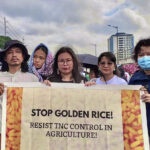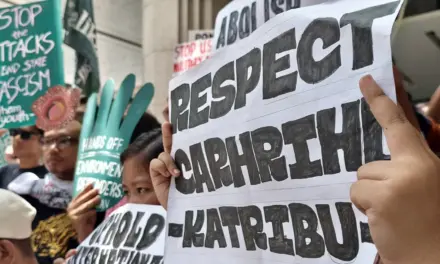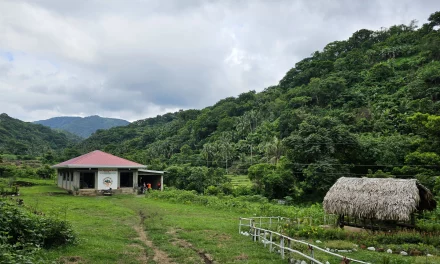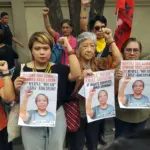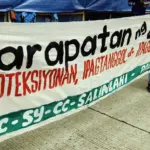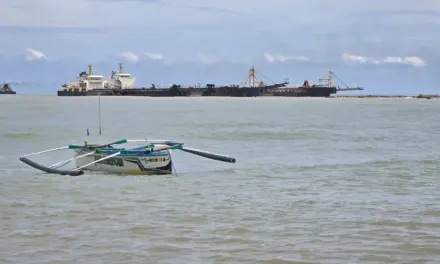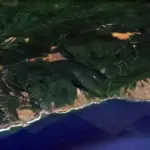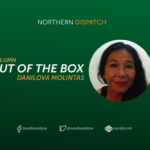2 MIN READBy KATHLEEN T. OKUBO
www.nordis.net
Baguio’s IPMR, again
So the regional director of the National Commission on Indigenous Peoples (NCIP) in the Cordillera has inhibited himself from an official function of issuing the certificate of affirmation to the selected Baguio Indigenous People’s Mandatory Representative to the City Council. And, has passed it on to the Commission en banc through an office handling human rights in the NCIP office, who is rumored to prefer refusing to deal with the case because she is afraid it is too controversial for comfort.
The first week of this November marks the first year since Baguio’s IPMR was selected by a duly constituted body representative of Baguio Ibaloy elders in a process they have consensually identified and agreed to. That the NCIP CAR refuses to recognize are for reasons only the regional director would know.
So far, by the way this case has been dragging, it has surfaced people who want to wrest the position from the one selected, people who hung around for freebies, political favors or hand outs from those who think they can take over the position they hope would be vacated by who was selected. Sinfully shameless.
On the bigger picture is of course the NCIP perpetuating the historical injustice they were mandated to correct. This IPMR case would be one of the hundreds waiting to happen. If one checks it is most probable that there has not been an IPMR given a certificate of affirmation by this office in the Cordi. True representation in governance is a right that has been won by people defending and upholding their right to be genuinely represented.
Not respecting this right is a good reason for people to demand the shut down of an agency used to take away the resources, curtail the rights of the people from their ancestral domains for the few rich and powerful, and not to support the basic needs of the poor: Igorots or the Lumads nor society’s basic sectors, the major part of Philippine population.
Journalists and Human Rights
“Press Freedom is fought for and not served in a silver platter,” a quote repeated so many times by statesmen, activists and journalists from the field advocating the Freedom of Expression and Assembly.
Remember the Ampatuan massacre? It is historically the most vile and deadliest single attack against journalists, against the Freedom of the press. If only for the pursuit of justice for the survivors of these whose lives were lost, every journalist should speak against the real terrorists who perpetrate gruesome violence like these or violate human rights of ordinary citizens in any way.
As harped and demanded by any newsperson worth his salt, “Journalists should strongly advocate and defend Human Rights!. # nordis.net
